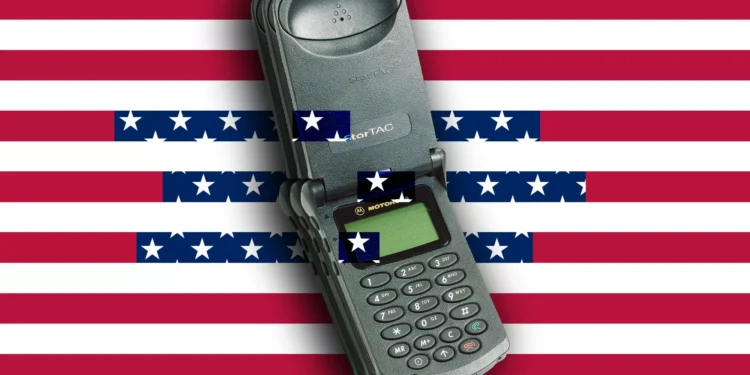As the number of people entering the United States continues to rise, so does the number of searches of phones, laptops, and other electronic devices by border officials. These searches have become increasingly common, raising concerns about privacy and security for travelers. With your personal and sensitive information at risk, it is important to take steps to protect yourself and your devices before crossing the U.S. border.
In this digital age, our electronic devices have become an extension of ourselves. We use them to stay connected with loved ones, conduct business, and store personal information. However, when crossing the U.S. border, border officials have broad authority to search and seize electronic devices without a warrant or probable cause. This has sparked debate and raised questions about the balance between national security and individual privacy.
One of the main ways to protect your electronic devices at the border is to limit the amount of data you are carrying. Before your trip, go through your devices and delete any unnecessary or sensitive information. This includes personal photos, financial documents, and confidential work emails. Consider backing up important data onto a secure cloud service rather than carrying it on your device.
For devices like laptops or tablets, you can also create a separate user account with limited access for border officials to search. This can help protect your personal information and business data while still allowing officials to conduct their necessary security measures. If you have a work-issued device, it is important to check with your employer beforehand for any specific policies or guidelines for crossing the U.S. border.
Another important step is to password protect all of your devices. This adds an extra layer of security and makes it more difficult for border officials to access your information. Choose a strong and unique password, and consider changing it frequently. Additionally, enable two-factor authentication on your devices for an added level of protection.
It is also important to keep in mind that border officials may ask for your device’s password or for you to unlock it. You have the right to refuse, but doing so may result in your device being seized for further examination. If this happens, make sure to get a seizure receipt and keep a record of the incident for any potential legal action.
If your device is taken for further examination, it is possible for the contents to be copied or even for malware to be installed. To prevent this, consider traveling with a wiped or “clean” device and restoring the data from a backup once you have entered the country. For encrypted data, make sure to also travel with a separate USB that contains the encryption key.
For those who frequently travel internationally, investing in a “burner” phone or laptop may be an option. These are disposable, cheap devices that can be used for basic communication while traveling. This can help protect your personal and sensitive information from being accessed at the border.
In addition to these steps, it is also important to be aware of your rights when crossing the U.S. border. If you are a U.S. citizen, you have the right to re-enter the country but may still be subject to searches of your electronic devices. If you are a non-U.S. citizen, you should be aware of the potential consequences of refusing a search or providing false information to border officials.
The American Civil Liberties Union (ACLU) recommends politely stating that you do not consent to a search and asking to speak with a lawyer if officials insist on searching your devices. It is always a good idea to understand your rights and be prepared in case of a search.
Lastly, staying informed and advocating for change can help protect your privacy and the privacy of others at the border. The Electronic Frontier Foundation (EFF) and the ACLU regularly provide updates and resources on this issue. Joining their efforts and advocating for stronger privacy laws and protections can make a difference.
In conclusion, the increase of searches of electronic devices at the U.S. border has raised concerns about privacy and security. As travelers, it is important to take steps to secure our devices and protect our personal information. By limiting the amount of data, password protecting devices, and understanding our rights, we can help protect ourselves and send a message for stricter privacy laws. With these precautions, we can confidently cross the U.S. border and enjoy our travels without compromising our privacy.






